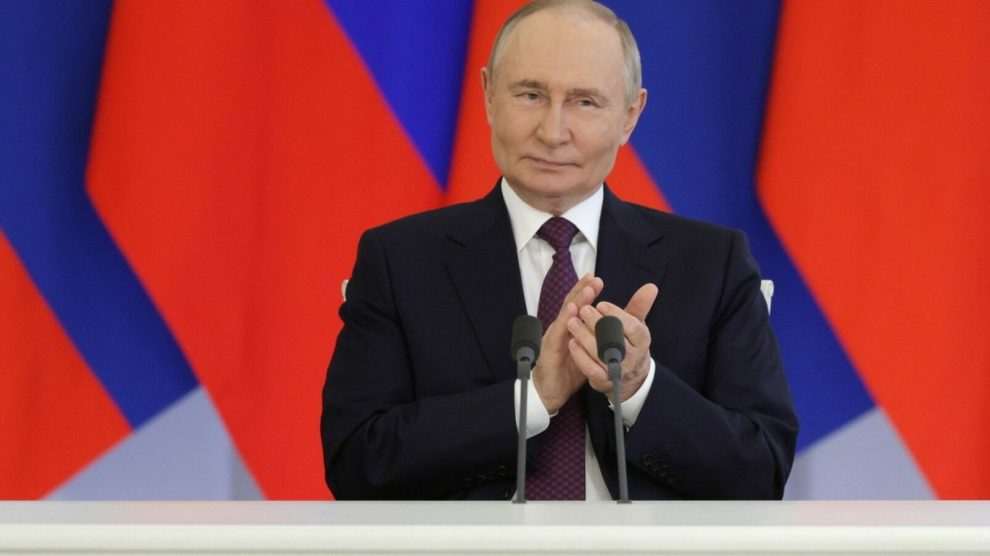Russian influence campaigns don’t always take the form of overt operations. Often, they thrive through subtle gestures, symbolic alliances, and media narratives that gradually shift public perceptions. Russia is quietly shaping European public opinion, with Italy emerging as a particularly fertile ground, from political gestures to fringe media amplification and intellectual platforms.
Driving the news:
- On Tuesday, Italy’s Vice Prime Minister Matteo Salvini shook hands with the Russian ambassador in Rome—a symbolic gesture that has fuelled debates about Italy’s ambiguous political links to Moscow.
- General Roberto Vannacci, former military attaché in Moscow, now MEP and Vice President of League (the Salvini party), dismissed NATO’s report on Russian jets violating Estonian airspace as “fake news.” His source? Giubbe Rosse, a pro-Russian, anti-EU, no-vax blog.
- Geopolitical review Limes published an article by Vitaly Tretyakov, a Russian political scientist sanctioned by the EU for propaganda. His message: Europe is weak, dependent and divided, while Russia is experiencing a “geopolitical renaissance.”
Why it matters: Though seemingly unrelated, these episodes form part of the same ecosystem of Russian influence operations. By converging through politics, media, and academia, they shape public perceptions, legitimising Kremlin narratives and eroding trust in Western institutions.
The big picture:
- Moscow’s strategy is less about a single “fake news” and more about shaping the ecosystem of perception.
- By embedding pro-Kremlin views across different layers of society — politics, media, academia — Russia normalises its positions and erodes European unity on Ukraine.
- The fine line between free expression and hybrid operations makes Italy a key testing ground for Russian influence in Europe.





